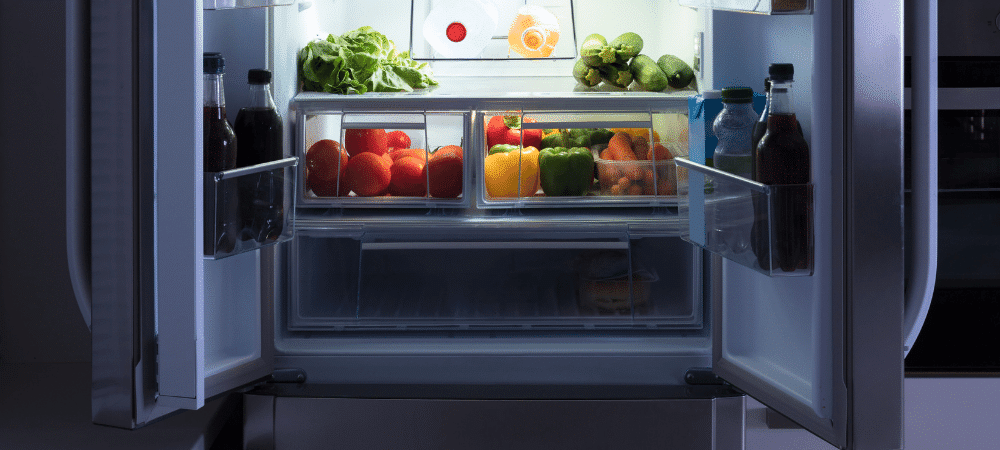
In a world where nearly one-third of all food produced goes to waste, the significance of refrigeration in ensuring food security cannot be overstated. The simple act of chilling has revolutionized our ability to preserve and extend the shelf life of perishable goods. In this blog post, we delve into the intricate relationship between refrigeration and food security, exploring how this technology has become a cornerstone in the global fight against hunger.
Preserving the Harvest:
- Minimizing Food Loss: Refrigeration acts as a guardian against the rapid spoilage of fresh produce. By slowing down the growth of bacteria and enzymes, it prevents the degradation of fruits, vegetables, and other perishables, reducing post-harvest losses.
- Extending Shelf Life: The chilling effect of refrigeration not only safeguards the nutritional value of food but also allows it to remain edible for longer periods. This extension of shelf life is particularly crucial in regions where transportation and distribution networks may be less efficient.
Ensuring Food Safety:
- Bacterial Control: Refrigeration inhibits the growth of harmful bacteria, thereby reducing the risk of foodborne illnesses. This is paramount for maintaining the safety and quality of dairy products, meats, and other protein sources.
- Temperature-sensitive Medications: Beyond food, refrigeration plays a pivotal role in preserving temperature-sensitive medications and vaccines, contributing to public health initiatives worldwide.
Economic Impact:
- Reducing Economic Losses: For farmers, distributors, and retailers, refrigeration translates into economic gains. The ability to store and transport perishable goods over longer distances reduces the economic losses associated with wasted produce.
- Enhancing Agricultural Practices: Refrigeration enables the adoption of more sophisticated and efficient agricultural practices. This, in turn, supports farmers in diversifying their crops and meeting the demands of a growing population.
Global Supply Chains:
- Year-round Availability: Refrigeration facilitates the creation of global supply chains, allowing consumers to access a variety of fruits, vegetables, and other perishables year-round. This not only broadens dietary choices but also provides economic opportunities for producers in different parts of the world.
- Emergency Response: In times of crises, such as natural disasters or conflicts, refrigeration is instrumental in preserving emergency food supplies. This ensures that vulnerable populations have access to nourishing food even in challenging circumstances.
Sustainable Practices:
- Energy-efficient Technologies: As the world becomes more conscious of environmental sustainability, advancements in energy-efficient refrigeration technologies contribute to reducing the carbon footprint associated with cold storage.
- Reducing Food Waste: By preventing premature spoilage, refrigeration plays a key role in the global effort to reduce food waste. This aligns with broader sustainability goals and supports the efficient use of resources.
The marriage of refrigeration and food security is a testament to human ingenuity and the impact of technology on our daily lives. From preserving the harvest to safeguarding public health, refrigeration has become a linchpin in the complex web of global food systems. As we move forward, it is essential to recognize the role of refrigeration not just as a modern convenience but as a critical tool in the pursuit of a more food-secure and sustainable future. By valuing and innovating in refrigeration technologies, we can continue to chill out in a way that benefits us all.



